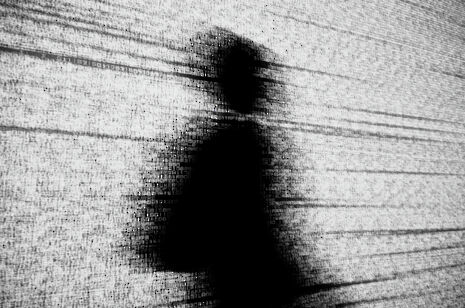What we’re Like
Can a computer really know someone as well as an ‘average spouse’?

If actions are the measure of people, then there is a wealth of opportunity by which to measure us online. Researchers at Cambridge and Stanford have recently shown that it is possible for computers to classify somebody's personality using a relatively small number of their Facebook ‘Likes’. Moreover, this classification outperforms that of humans. In fact, by analysing our Likes, such software is better than our closest friends at making inferences about our personality.
A Like is a rather coarse measurement of somebody's interest, because it does not express how much that person really likes the object of their Like. But taken together, all of a user's Likes can build up a picture of them.
In clarifying their findings, the authors compared the computer's classification with that of an "average spouse", which perhaps amusingly suggests that some of us spend too much time with computers: using an average number of Likes, the accuracy with which a computer judges an experimental candidate's personality is “significantly better than that of an average human judge... and comparable with an average spouse, the best of human judges".
As always in research, one must be wary of reading too much into the results. Knowing the personality is different from knowing the person, and indeed we do have an edge over computers, as the authors concede: "human perceptions have the advantage of being flexible and able to capture many subconscious cues unavailable to machines".
On the other hand, almost everything we do in life generates data that can be processed by computers to make inferences about us. In the long term, computers might be able to analyse us better than other humans. But at present, if only to understand ourselves better, we are left to wonder what we learn about those people who click Like on this article.
 News / Clare May Ball cancelled11 May 2025
News / Clare May Ball cancelled11 May 2025 Lifestyle / The woes of intercollegiate friendships8 May 2025
Lifestyle / The woes of intercollegiate friendships8 May 2025 Features / Think you know Cambridge? Meet Guessbridge, Cambridge’s answer to Wordle and GeoGuessr10 May 2025
Features / Think you know Cambridge? Meet Guessbridge, Cambridge’s answer to Wordle and GeoGuessr10 May 2025 Arts / ‘So many lives’: a Nobel laureate’s year in Cambridge9 May 2025
Arts / ‘So many lives’: a Nobel laureate’s year in Cambridge9 May 2025 Lifestyle / Which study café are you?11 May 2025
Lifestyle / Which study café are you?11 May 2025





